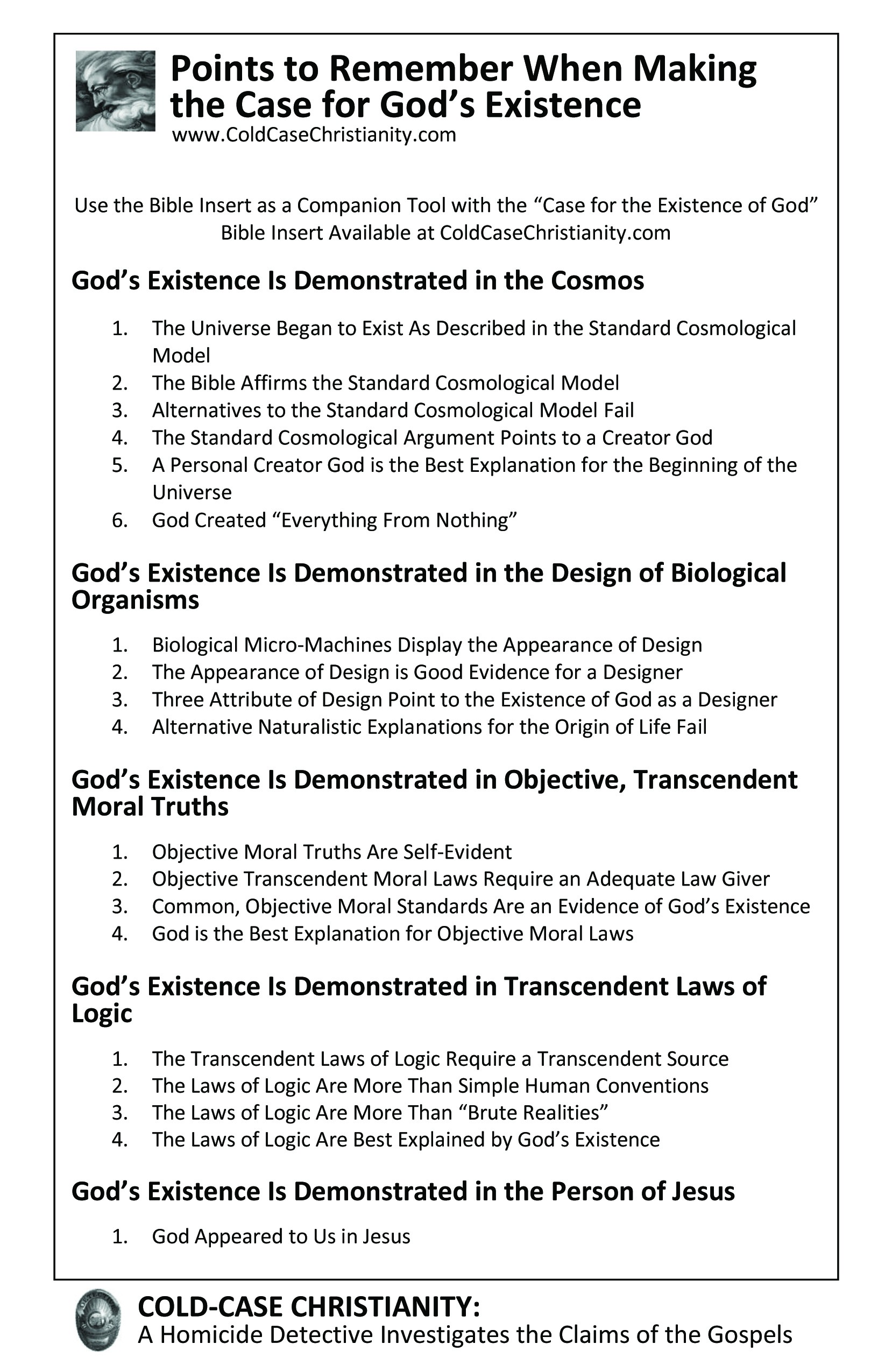What is Joshua Project?
Joshua Project is a research initiative seeking to highlight the ethnic people groups of the world with the fewest followers of Christ. Accurate, updated ethnic people group information is critical for understanding and completing the Great Commission. Revelation 5:9 and 7:9-10 show that there will be some from every tribe, tongue, nation and people before the Throne.
Joshua Project seeks to answer the questions that result from the Great Commission's call to make disciples among every nation or people group:
Who are the ethnic people groups of the world?
Which people groups still need initial church-planting in their midst?
What ministry resources are available to reach the least-reached?
Joshua Project gathers, integrates and shares people group information to encourage pioneer church-planting movements among every ethnic group and to facilitate effective coordination of mission agency efforts. Joshua Project compiles the work of numerous missions researchers to develop a list of all ethnic peoples that is as complete as possible. Errors, duplicates, and overlaps may exist and the data is continually being updated.
Download this file to learn more about the status of world evangelism, from various perspectives, in 2020.









